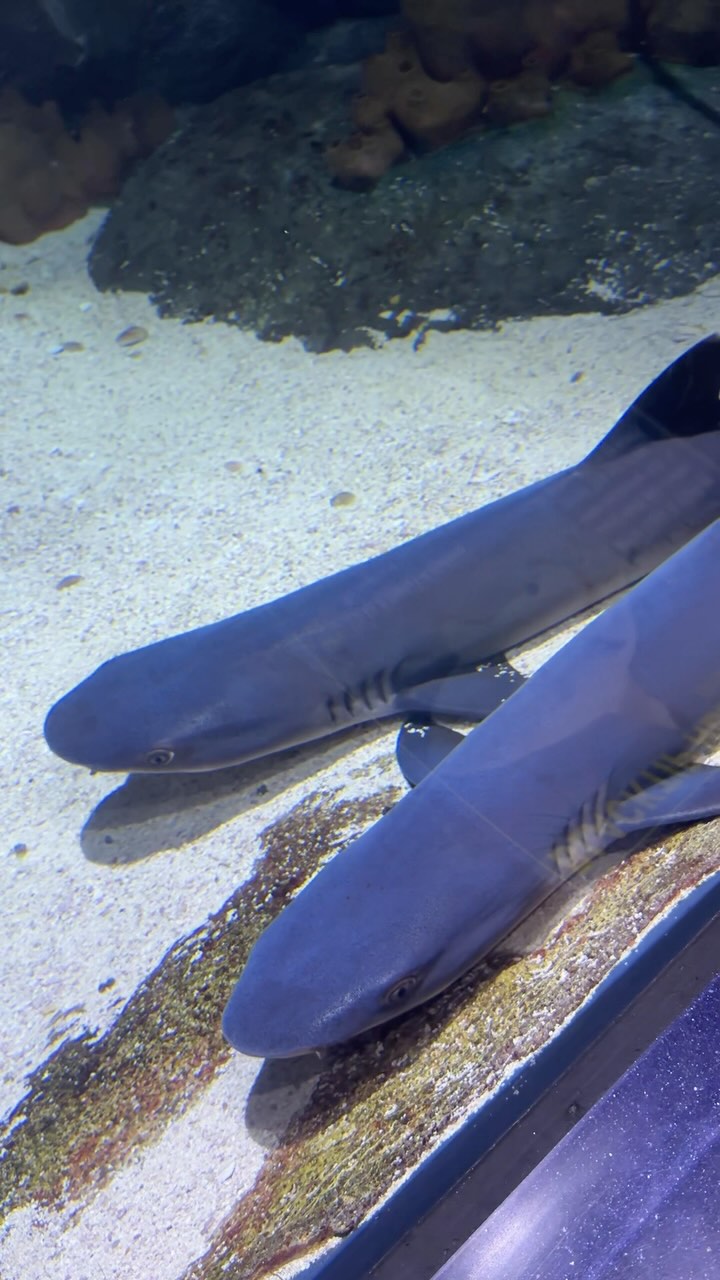- The behavior and habitat of whitetip reef sharks.
- The social dynamics and interactions among whitetip reef sharks.
- The significance of nighttime activities in whitetip reef sharks.
- Conservation efforts and the importance of protecting whitetip reef sharks.
- The relationship between whitetip reef sharks and their ecosystem.
Whitetip reef sharks (Triaenodon obesus) are fascinating marine creatures known for their distinctive behavior and nocturnal activities. These sharks are generally found in the Indo-Pacific region, residing in coral reefs at depths ranging from 8 to 40 meters. During the day, whitetip reef sharks exhibit a unique resting behavior, often lying on the ocean floor or in secluded caves. This distinctive resting habit is crucial as it plays a role in their energy conservation.
Whitetip reef sharks are social animals, typically seen resting together in groups, which is an unusual trait for many shark species. This social resting behavior not only offers protection from potential predators but also fosters a communal environment conducive to their survival. The sight of two sharks holding fins, often regarded as a display of companionship, underscores the strong social bonds within these groups.
Unlike other shark species, whitetip reef sharks are nocturnal predators. They spend their nights hunting for food, which includes reef fish, octopuses, and crustaceans. This nocturnal activity aligns with the behavior of many reef inhabitants, which come out at night, making it an optimal time for the sharks to hunt. Nocturnality also provides a stealth advantage, allowing the sharks to approach their prey with ease.
Conserving whitetip reef sharks is vital due to their integral role in the marine ecosystem. As apex predators, they help maintain the health of reef habitats by controlling the population of various marine species. Unfortunately, whitetip reef sharks face threats from overfishing and habitat destruction, primarily due to human activities. Conservation initiatives are essential in safeguarding these sharks, focusing on protecting their habitat and mitigating the impact of fishing practices.
Whitetip reef sharks interact intricately with their ecosystem, contributing to its biodiversity. Their predatory habits help balance the reef environment, preventing any single species from becoming overly dominant. This balance is critical for the reef’s health, ensuring the survival of various marine organisms and maintaining ecological diversity.
In summary, whitetip reef sharks are unique marine creatures with distinctive daytime resting and nocturnal hunting behaviors. Their social interactions highlight strong communal bonds, essential for their survival in the wild. Conservation efforts are crucial in protecting these sharks and maintaining the ecological balance within coral reef systems. The presence and activities of whitetip reef sharks underscore the interconnectedness of marine life and the importance of preserving these vital predators in our oceans.
*****
Source Description
Oh, to be two sharks holding fins. 💕
Whitetip reef sharks like to spend their days resting on the ocean floor with fellow sharks. You’re most likely to see them swimming around at night since they’re nocturnal! 🌚
•
•
•


